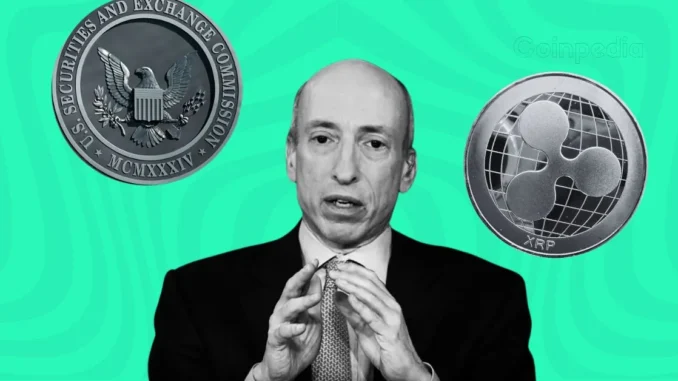
The legal battle between Ripple and the SEC has been intensifying lately. Ripple has filed a Form C to appeal parts of Judge Torres’s ruling that labeled certain XRP sales as unregistered securities offerings, resulting in a $125 million penalty. Ripple argues that the court misapplied the Howey test and did not adequately consider the regulatory uncertainty surrounding digital assets.
There’s a lot of discussion about how the SEC operates, particularly regarding its reliance on fines. Some believe that the agency doesn’t prioritize full compliance because fines effectively serve as bonuses for its staff. They often maintain friendly relationships with companies that cooperate, even if those companies engage in fraudulent practices. In fact, some companies factor SEC fines into their budgets as a cost of doing business.
According to Marc Fagel, a former SEC lawyer, not a single dollar from fines stays with the SEC. When it comes to the SEC’s funding, fines collected from enforcement actions don’t go back to the agency; instead, they are distributed to the Treasury, whistleblower funds, or investors with calculable losses.
For example, when a user asked about Ripple’s $125 million fine, Fagel said that because the SEC won the part of the case concerning institutional sales, that money would go to institutional investors. However, since the court found no actual losses for individual investors, the money would ultimately go to the Treasury.
If the SEC had successfully pursued Ripple and collected $1.8 billion, the money would have been directed similarly, benefiting institutional investors but likely ending up in the Treasury due to the lack of demonstrated losses for individual investors.




Be the first to comment